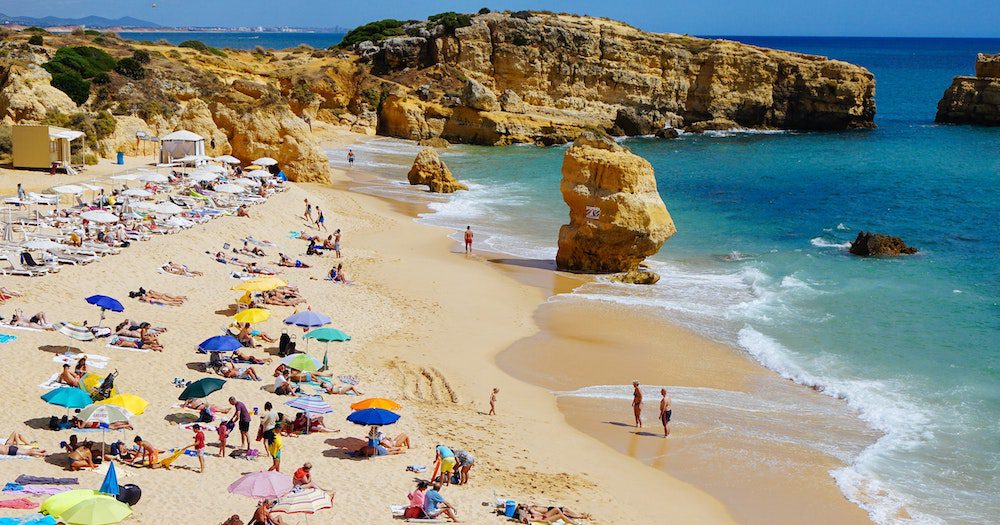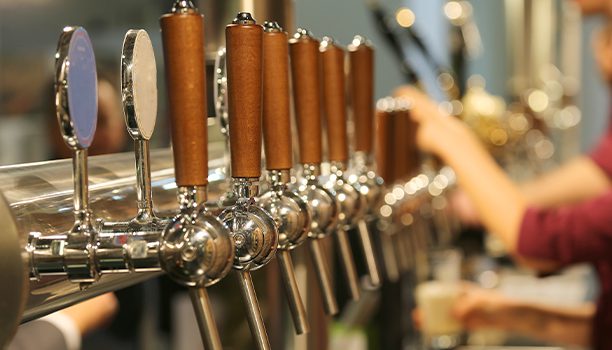From Monday 17 May, Britons are able to travel internationally thanks to the launch of its travel traffic light system.
Travellers in England are packing their bags, as they can now jump on a plane and travel internationally to countries marked safe to visit on its new traffic light system.
It is expected that countries such as Portugal, Iceland and Gibraltar will have an influx of Brits desperate for some sunshine and adventure as they emerge from lockdown.
Each traffic light coded country will have a different set of rules around COVID-19 testing and quarantining.
So, what’s the deal?

There are 12 countries on the green list, which means people who travel to these countries will be required to take one test up to 72 hours before returning to the UK, followed by one PCR test on or before day two of arrival home.
Travellers will not be required to quarantine unless they receive a positive test result.
These are:
- Portugal
- Israel
- Singapore
- Australia
- New Zealand
- Brunei
- Iceland
- Gibraltar
- Falkland Islands
- Faroe Islands
- South Georgia and the South Sandwich Islands
- St Helena, Tristan de Cunha, Ascension Island
Travellers are being advised to check the government requirements at each destination before booking, as they might have stricter entry requirements, mandatory quarantine on arrival or closed borders (like Australia).
Amber marked countries includes the USA, Canada, Spain, Greece, France, Croatia and Denmark. The requirements are stricter for these destinations, but they could still be a go.
Red countries should not be visited for leisure purposes.
Scotland, Wales and Northern Ireland are following similar but slightly different reopening paths for travel.
Click here for more information.
Also in the UK…

There’s a mixture of excitement at the reopening of travel and hospitality vied with anxiety that a more contagious virus variant first found in India is spreading fast and could delay further plans to reopen.
Prime Minister Boris Johnson urged Britons to “take this next step with a heavy dose of caution”.
“We are keeping the spread of the variant first identified in India under close observation and taking swift action where infection rates are rising,” he said.
“I urge everyone to be cautious and take responsibility when enjoying new freedoms today in order to keep the virus at bay.”
Cases of the variant have more than doubled in a week in the UK, defying a sharp nationwide downward trend in infections and deaths won by hard-earned months of restrictions and a rapid vaccination campaign.
A surge testing and stepped-up vaccination effort was being conducted in the northern England areas hardest hit by that variant.
Health Secretary Matt Hancock said the variant, formally known as B.1.617.2, is more transmissible than the UK’s main strain and “it is likely it will become the dominant variant”.
However, from Monday, people in England will be able to eat a restaurant meal indoors, drink inside a pub, go to a museum, hug friends and visit one another’s homes for the first time in months.
Source: AAP






